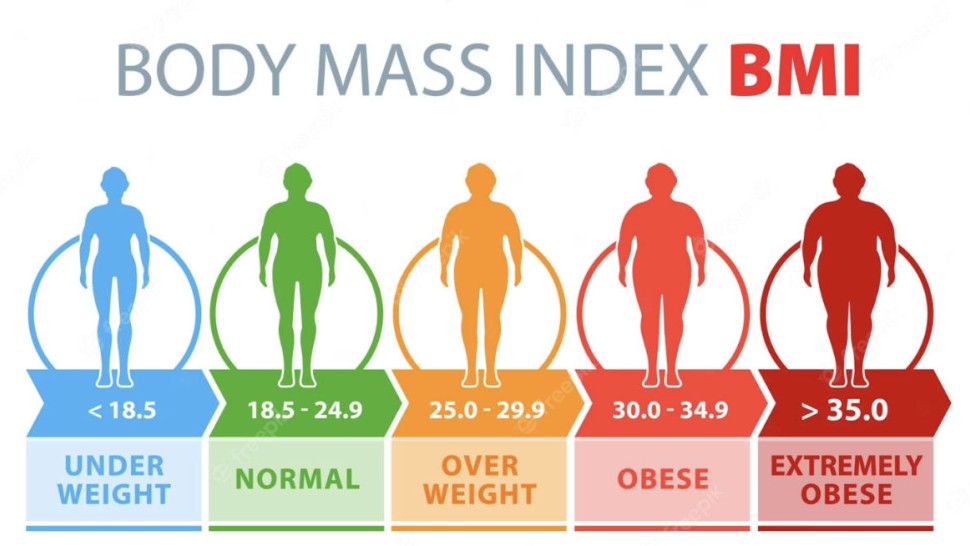Postoperative Outcomes of Sleeve Gastrectomy and Gastric Bypass in Adolescents with Severe Obesity: A Medicaid Study
Obesity is a growing concern worldwide, especially among adolescents. It not only has adverse effects on their physical health but also affects their mental well-being [1].
In the United States, Medicaid provides health insurance coverage to low-income families, including adolescents with severe obesity [2].
Sleeve gastrectomy and gastric bypass are two of the most common surgical procedures performed to treat severe obesity among adolescents [3].
A recent study examined the health care use and adverse events after sleeve gastrectomy and gastric bypass among adolescents with severe obesity insured by Medicaid [4].
In this article, we will take a closer look at the findings of the study and what they mean for adolescents with severe obesity and their families.




